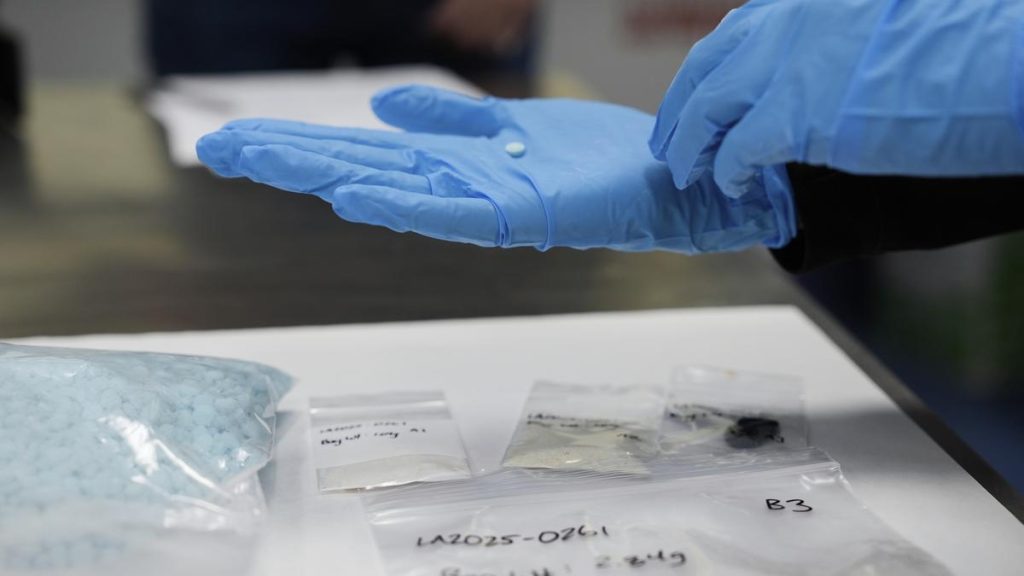Now Reading: Smoking’s Link to Gut Bacteria Could Unlock New Colitis Treatments
-
01
Smoking’s Link to Gut Bacteria Could Unlock New Colitis Treatments
Smoking’s Link to Gut Bacteria Could Unlock New Colitis Treatments

Quick Summary
- Researchers at the RIKEN Center for Integrative Medical Sciences (IMS) in Japan have identified why smoking reduces inflammation in ulcerative colitis, a chronic disease of the large intestine.
- Smoking produces metabolites, like hydroquinone, which help mouth bacteria such as streptococcus mitis settle in the gut and trigger beneficial immune responses.
- Experiments with mice showed that S. mitis can reduce inflammation in ulcerative colitis but worsens symptoms of crohn’s disease due to differences in immune response mechanisms between the two conditions.
- Smoking is not a viable treatment option due to its numerous health risks, but treatments involving prebiotics (e.g., hydroquinone) or probiotics (S. mitis) may offer safer alternatives for managing ulcerative colitis without harmful side effects.
Indian Opinion Analysis
The study uncovers an meaningful biological mechanism linking smoking with reduced inflammation in ulcerative colitis patients while reinforcing its long-term health hazards. For India-a country facing a rise in chronic illnesses like inflammatory bowel diseases (IBD)-this research offers exciting opportunities for developing cost-effective prebiotic and probiotic therapies that could benefit millions without exacerbating public health issues like tobacco addiction.
The findings also highlight how precision medicine could address differing needs among IBD patients by tailoring treatments based on distinct biological pathways specific to each condition (e.g., Crohn’s versus ulcerative colitis). Given India’s notable contributions to generic drug production and clinical research, adopting these therapeutic insights could together improve domestic healthcare outcomes and contribute significantly to global advancements against IBDs.
























